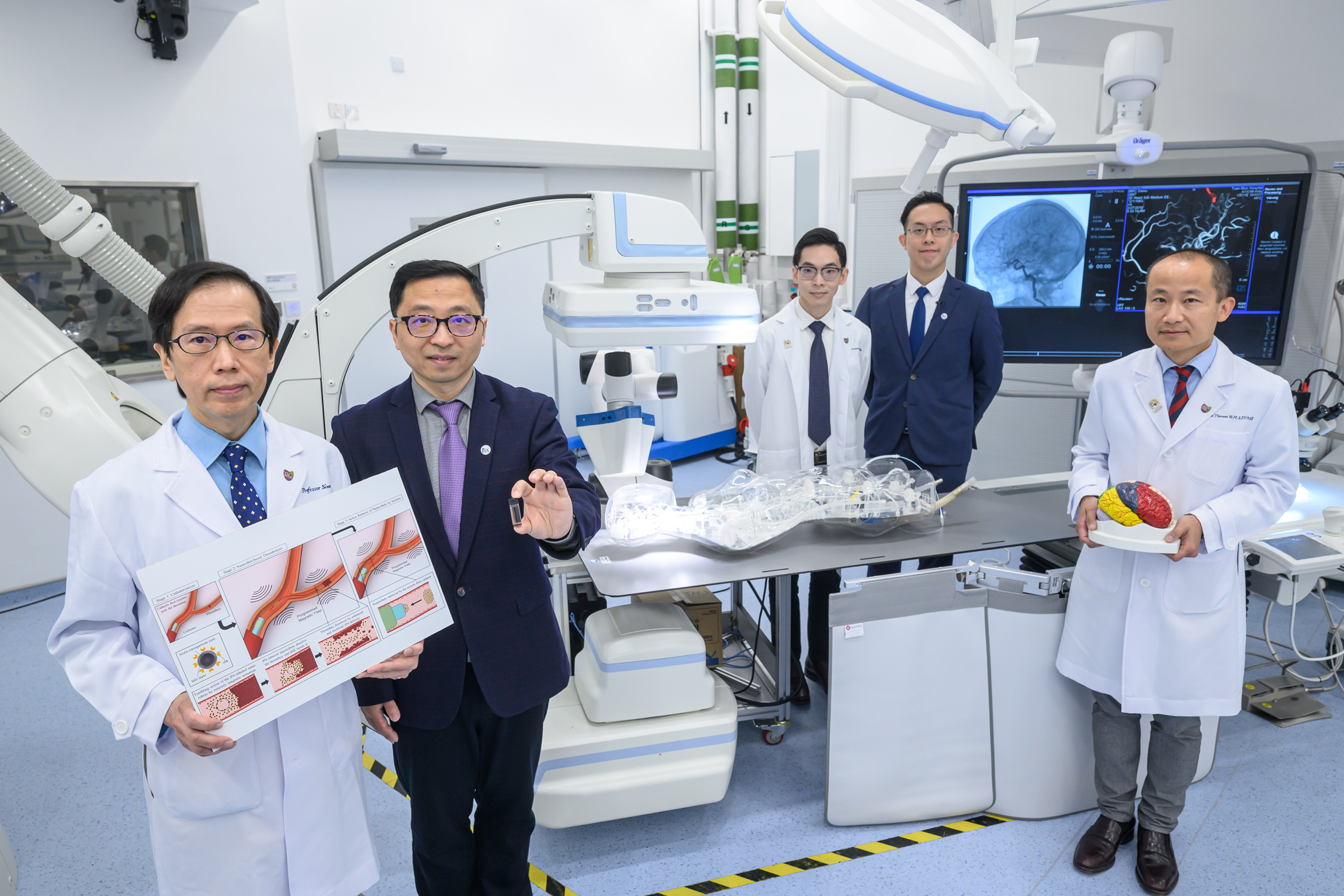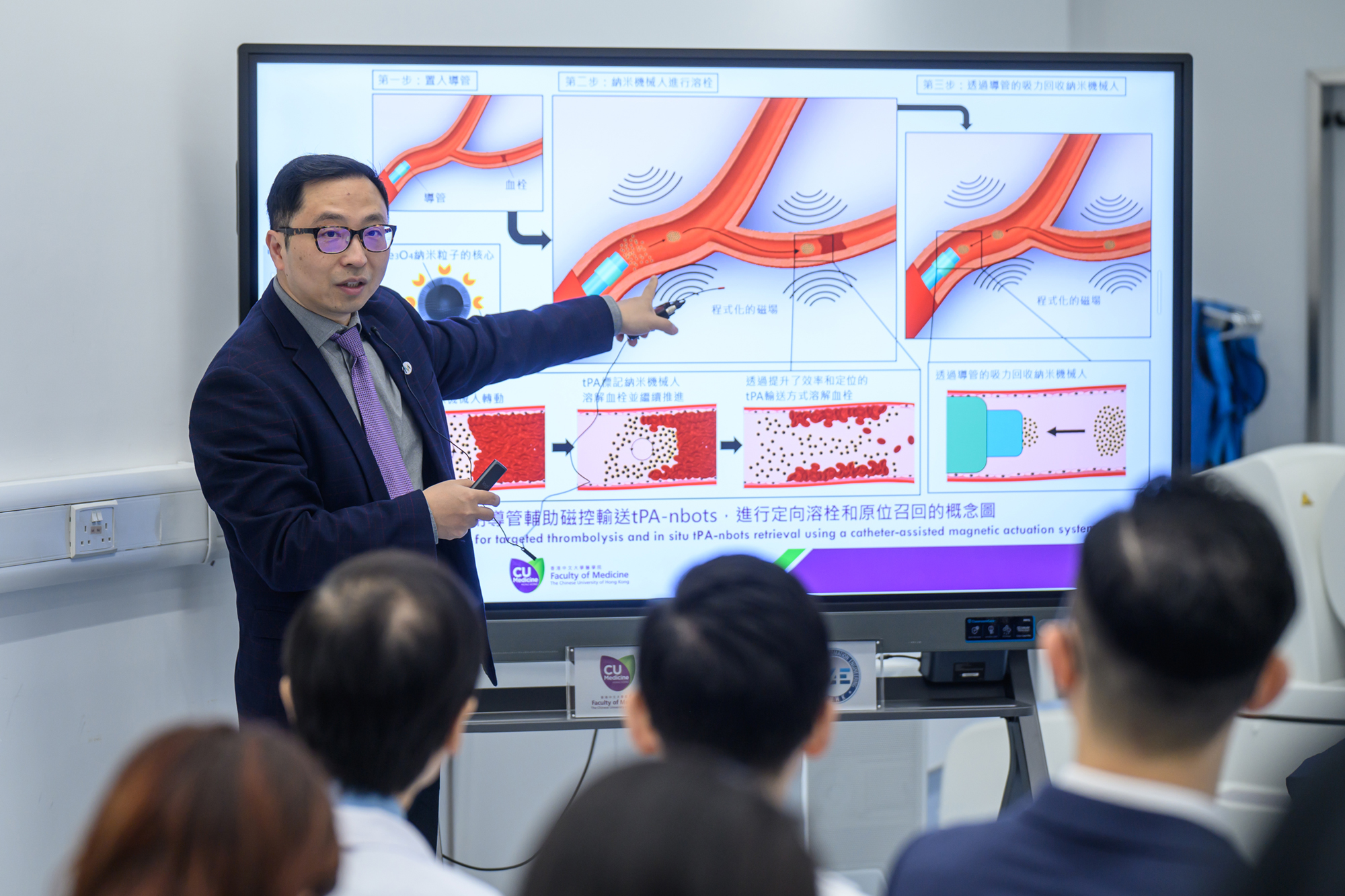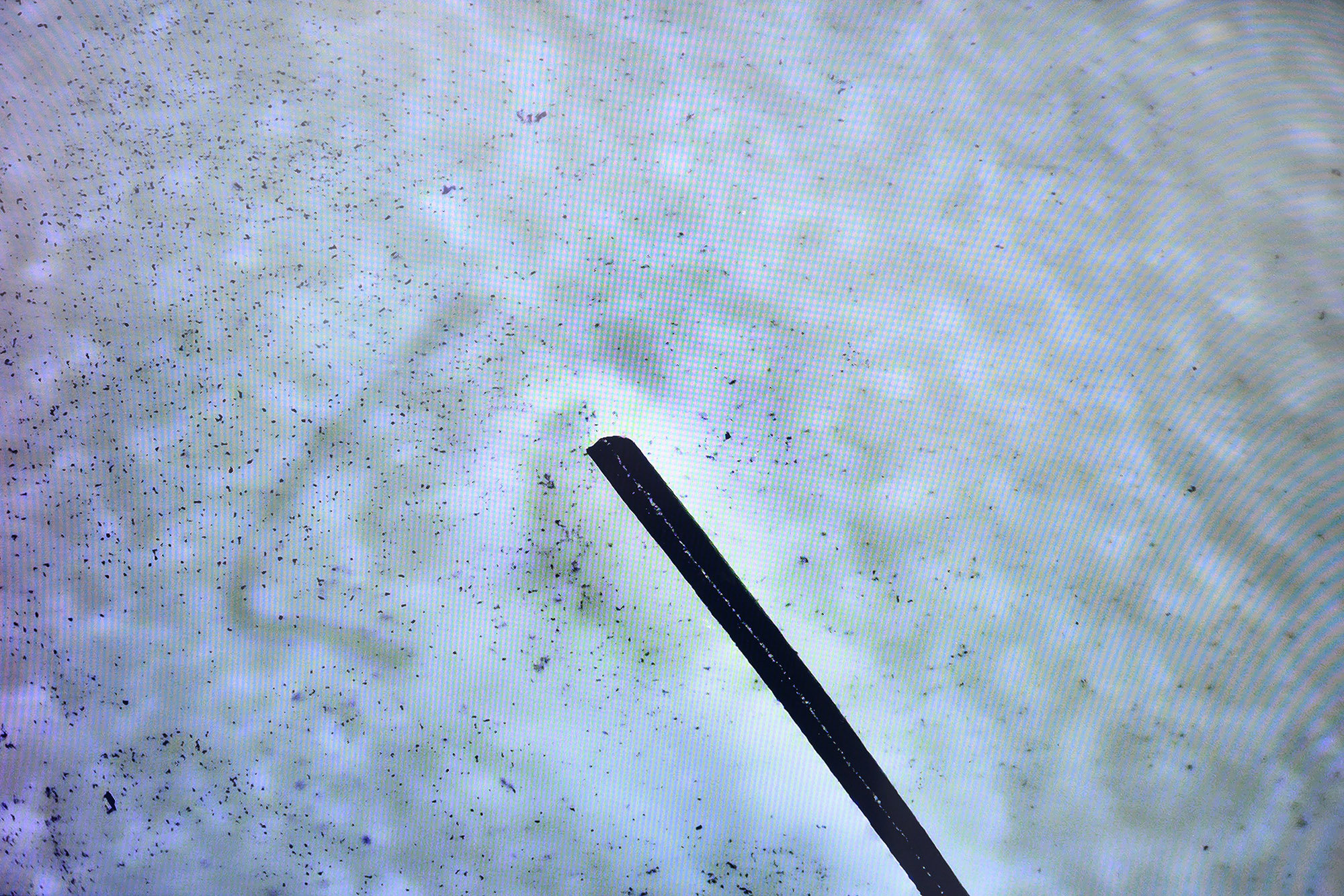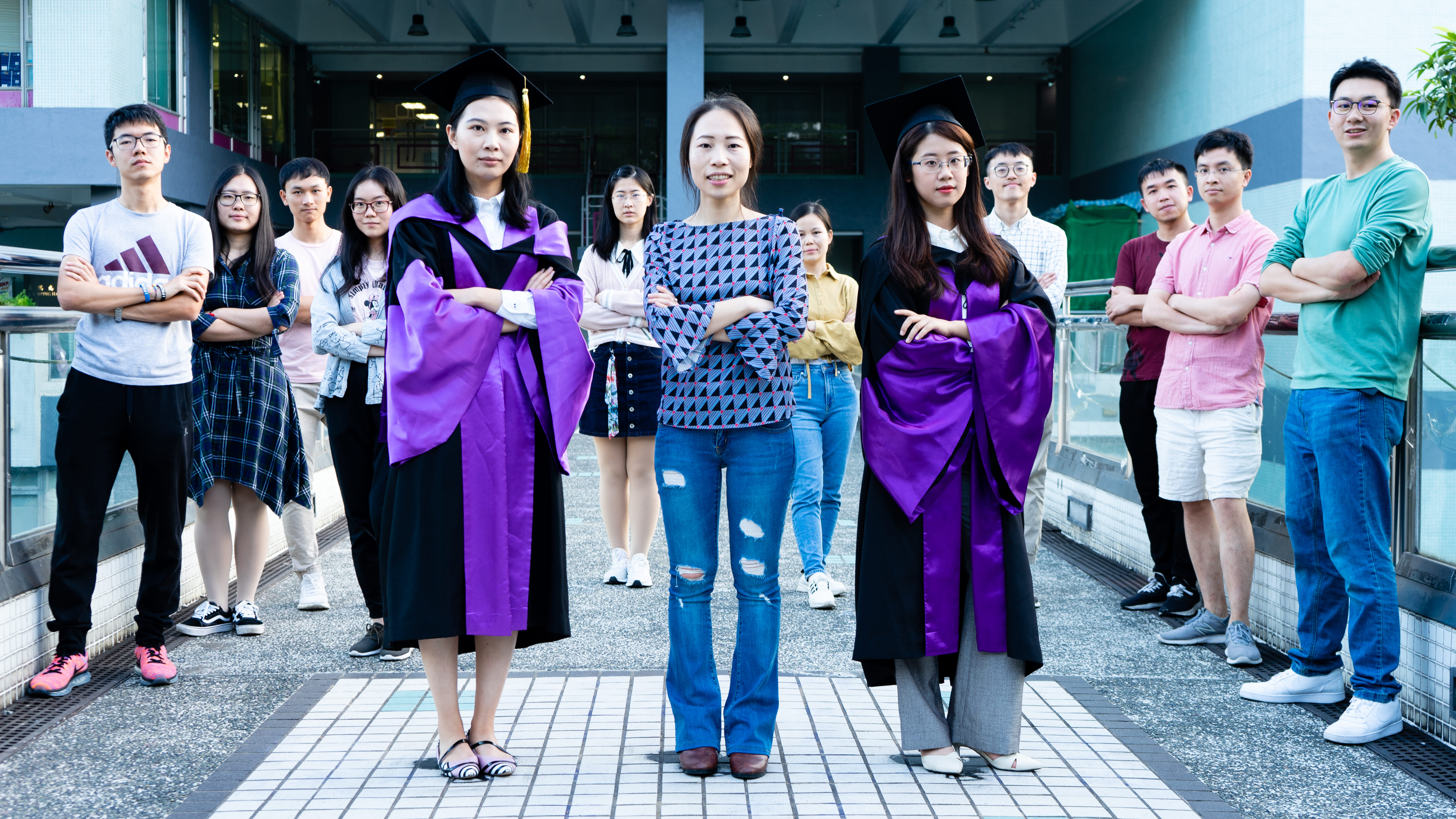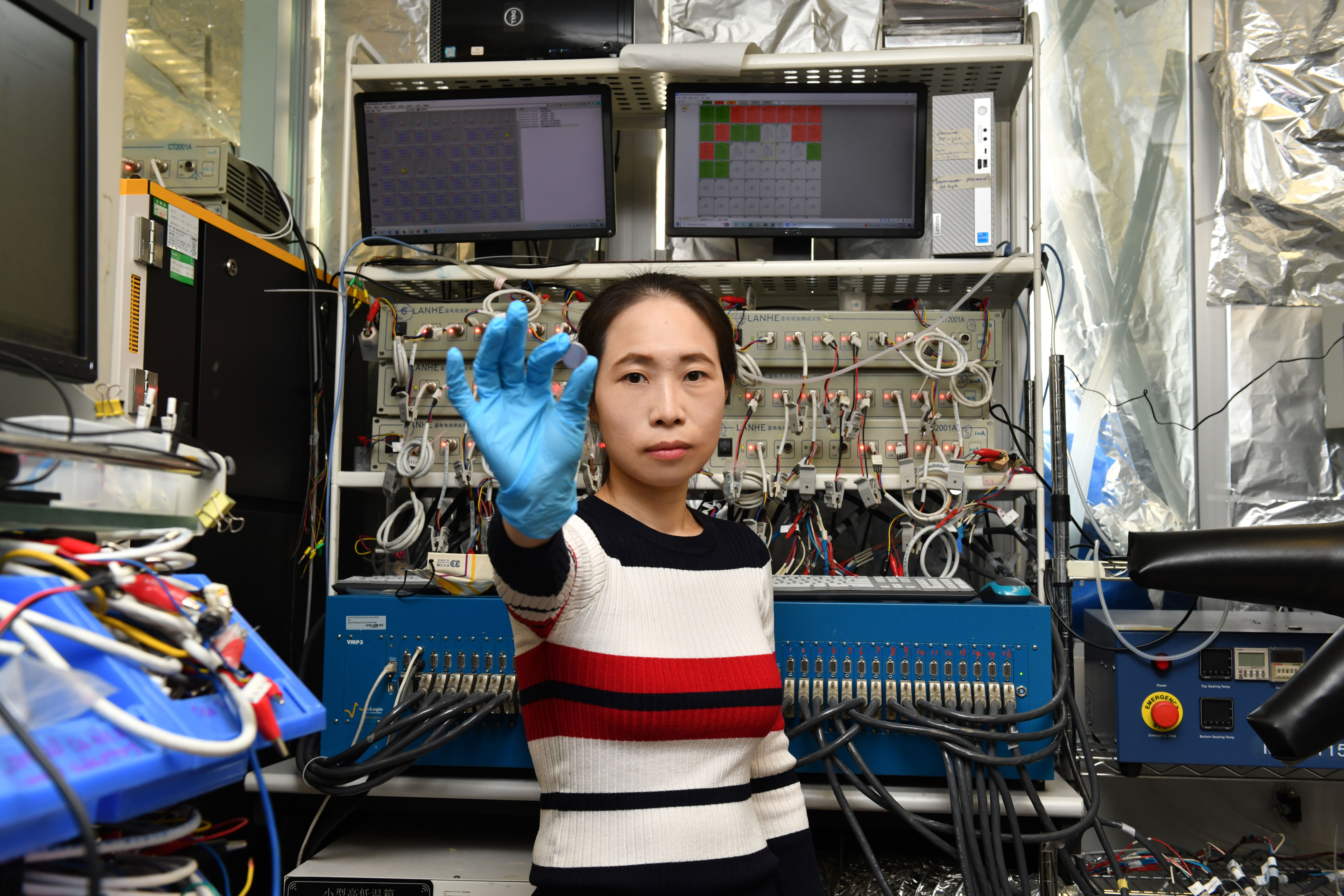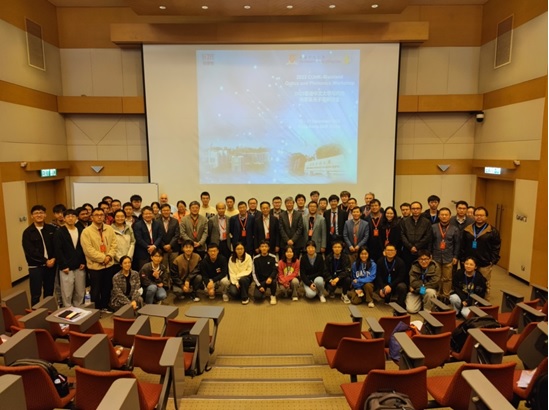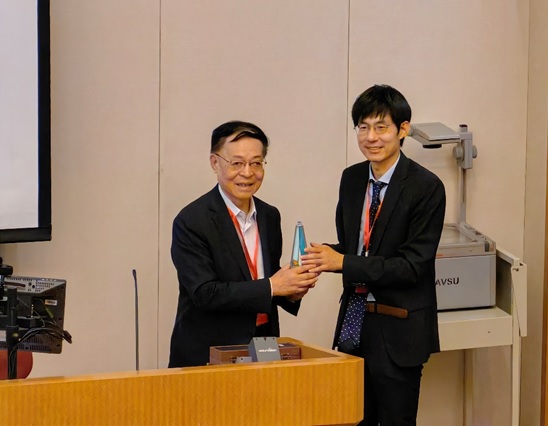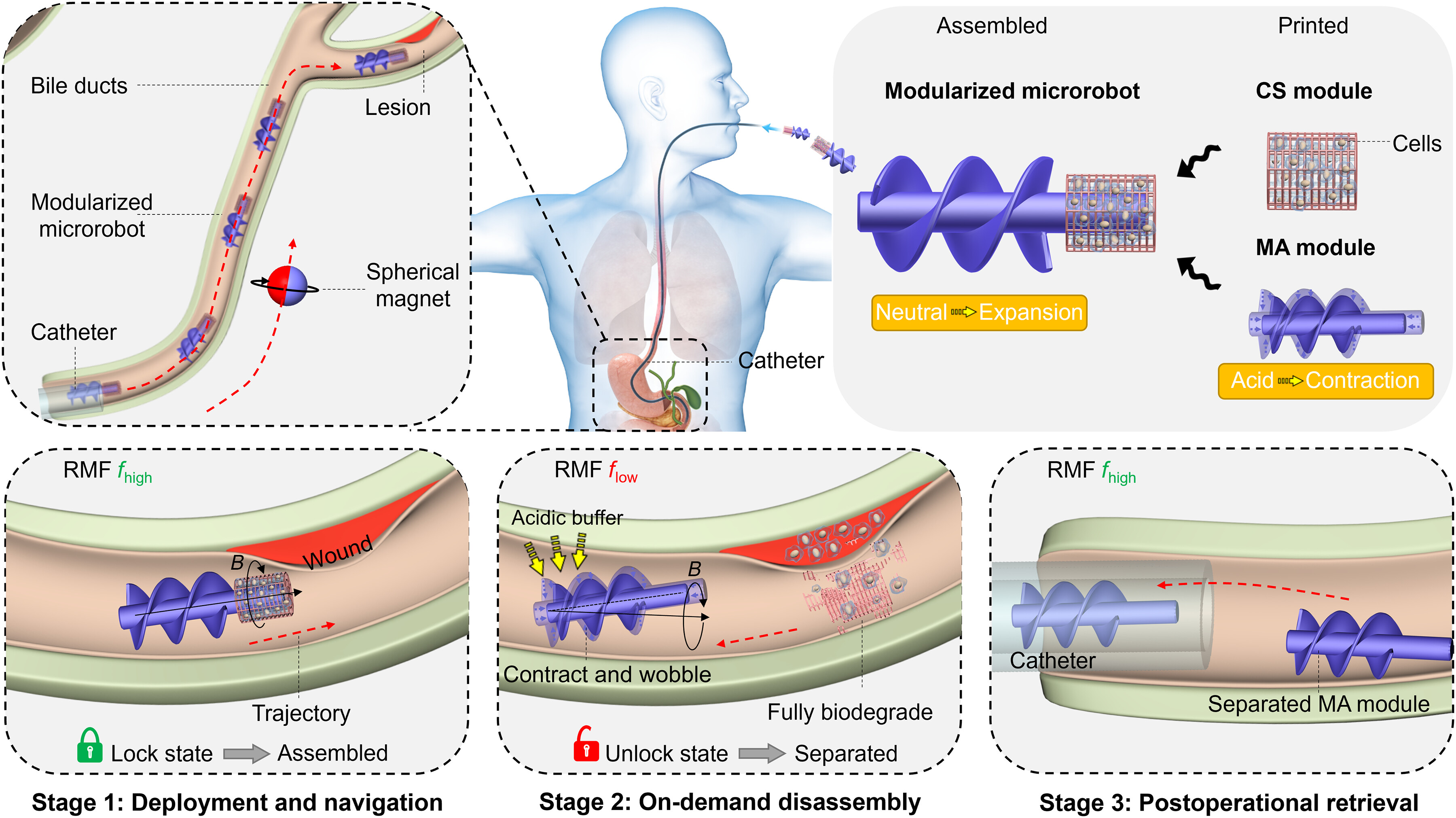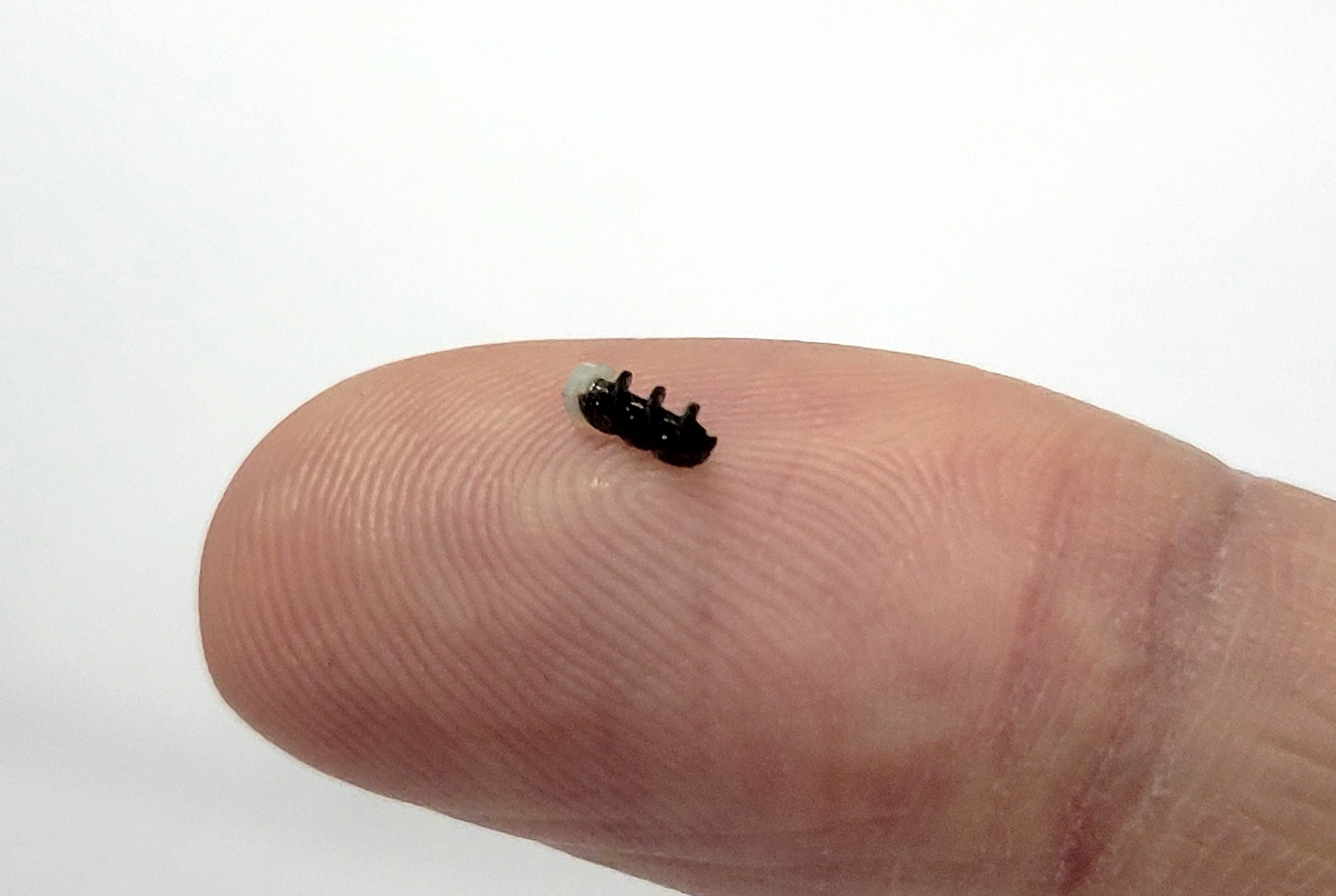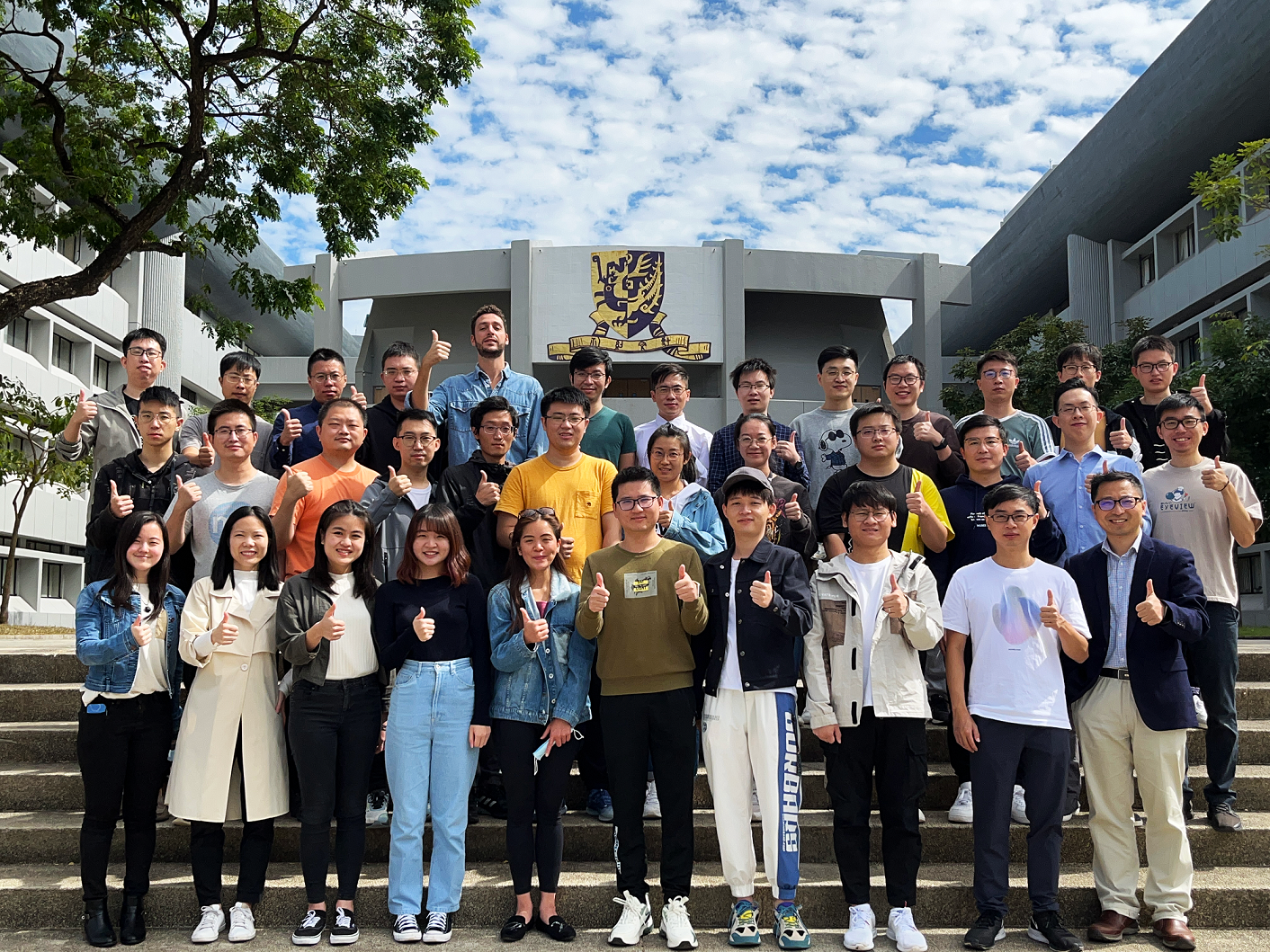A collaborative research team led by Professor Zhang Li from the Faculty of Engineering, and Professor Philip Chiu Wai-yan and Professor Tony Chan Kai-fung from the Faculty of Medicine (CU Medicine) at The Chinese University of Hong Kong (CUHK), with Professor Joseph Sung Jao-yiu from Nanyang Technological University, who is also an emeritus professor at CU Medicine, has developed a modular microrobot with lockable and detachable modules, which provides a powerful propulsive force for targeted cell delivery in the bile duct without leaving any non-degradable materials inside it. This collaborative work was published recently in the renowned international research journal Science Advances.
Challenges for microrobots in simultaneously achieving strong actuation capability, multifunctionality and long-term biosafety
Currently, cell-based therapy in the biliary tract or liver can delivered through vascular routes or endoscopy. However, the majority of the cells do not reach the targeted region due to the non-specific delivery. Magnetic microrobots could potentially revolutionise minimally invasive, cell-based therapy due to their unique advantages, such as the ability to navigate regions inside the human body that are inaccessible by conventional medical tools. However, while navigating mucous environments, integrating desirable multi-tasking capabilities into such a miniature device and guaranteeing the long-term biosafety of high-dose magnetic materials pose significant challenges.
Modular design of microrobots with uncompromised multifunctionality
The modular magnetic microrobot designed by the research team has overcome the bottleneck for using magnetic microrobots for biomedical applications. It provides a strategy to simultaneously endow microrobots with superior magnetic actuation capabilities and cellular function without compromising either, allowing for the future development of minimally invasive, targeted cell-based therapy for bile duct diseases.
Professor Zhang, Professor in the Department of Mechanical and Automation Engineering, explained, “The modular microrobot is a combination of magnetic actuation (MA) and cell scaffold (CS) modules, which are similar to a rocket and a satellite, respectively. The MA module functions as the propulsion and control component, while the CS module provides capabilities for cell loading and biodegradability, facilitating targeted therapy. The MA module (rocket) and CS module (satellite) separate after reaching the target site. The MA module, consisting of a high dose of magnetic materials, is retrieved using an endoscope, after navigating back to the deploying catheter afterwards, minimising unexpected hazards. With such a retrievable design, we could use high-dose magnetic materials to combat the dynamic, mucus-like biological environment of the gastrointestinal tract, allowing more effective and efficient delivery of cell therapy. This approach holds potential for the specific treatment of biliary disease.”
Professor Sung, CUHK Emeritus Professor of Medicine, Dean of Lee Kong Chian School of Medicine, and Senior Vice President (Health and Life Sciences), Nanyang Technological University, Singapore, remarked, “This is like science fiction come true. The new microrobot offers a minimally invasive approach to body systems that are otherwise inaccessible to medical interventions. It can potentially be developed to treat inflammatory and/or malignant conditions. We have successfully validated our concept in vivo using rabbit models, and demonstrated the effectiveness of magnetic navigation, on-demand disassembly and post-operational retrieval.”
Professor Chiu, Director of the Chow Yuk Ho Technology Centre for Innovative Medicine, CU Medicine, commented, “In this collaborative research work, we demonstrated a new approach using a modular magnetic microrobot for cell delivery in the bile duct, which realises direct endoluminal delivery of cells into the targeted region in the biliary tract and sustainable cell/drug release to lesions. It also eliminates the potential risk of residual high-dose magnetic materials. This opens up a new door for endoluminal cell-based therapy of bile duct diseases.”
Professor Chan, Research Assistant Professor of the Chow Yuk Ho Technology Centre for Innovative Medicine, added, “The modular design allows the microrobots to be combined with different modules, extending their potential functions with respect to different applications. We also demonstrated the compatibility of modular microrobots with medical imaging modalities available in hospitals, such as X-ray fluoroscopy and ultrasound imaging, paving the way for clinical translation. We are now working closely to translate the technology for various application sites inside the body.”
The team envisions that the development of the modular microrobots will lead to a promising minimally invasive microrobotic platform that offers high efficiency and safety for various endoluminal interventions, as well as diverse functionality with high clinical value.





